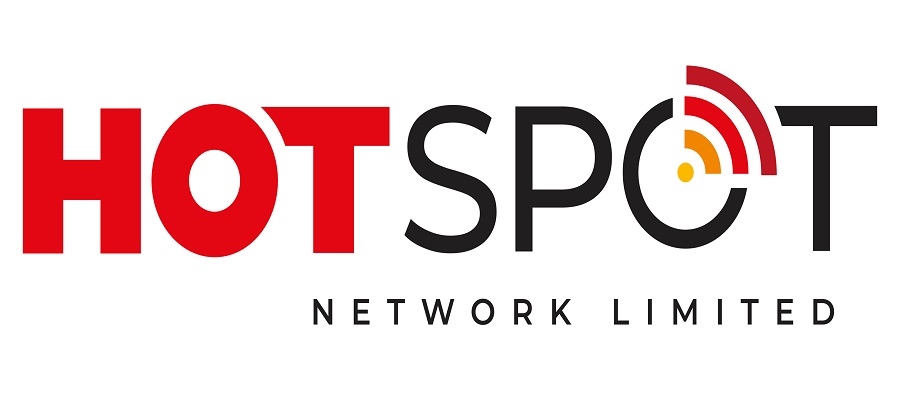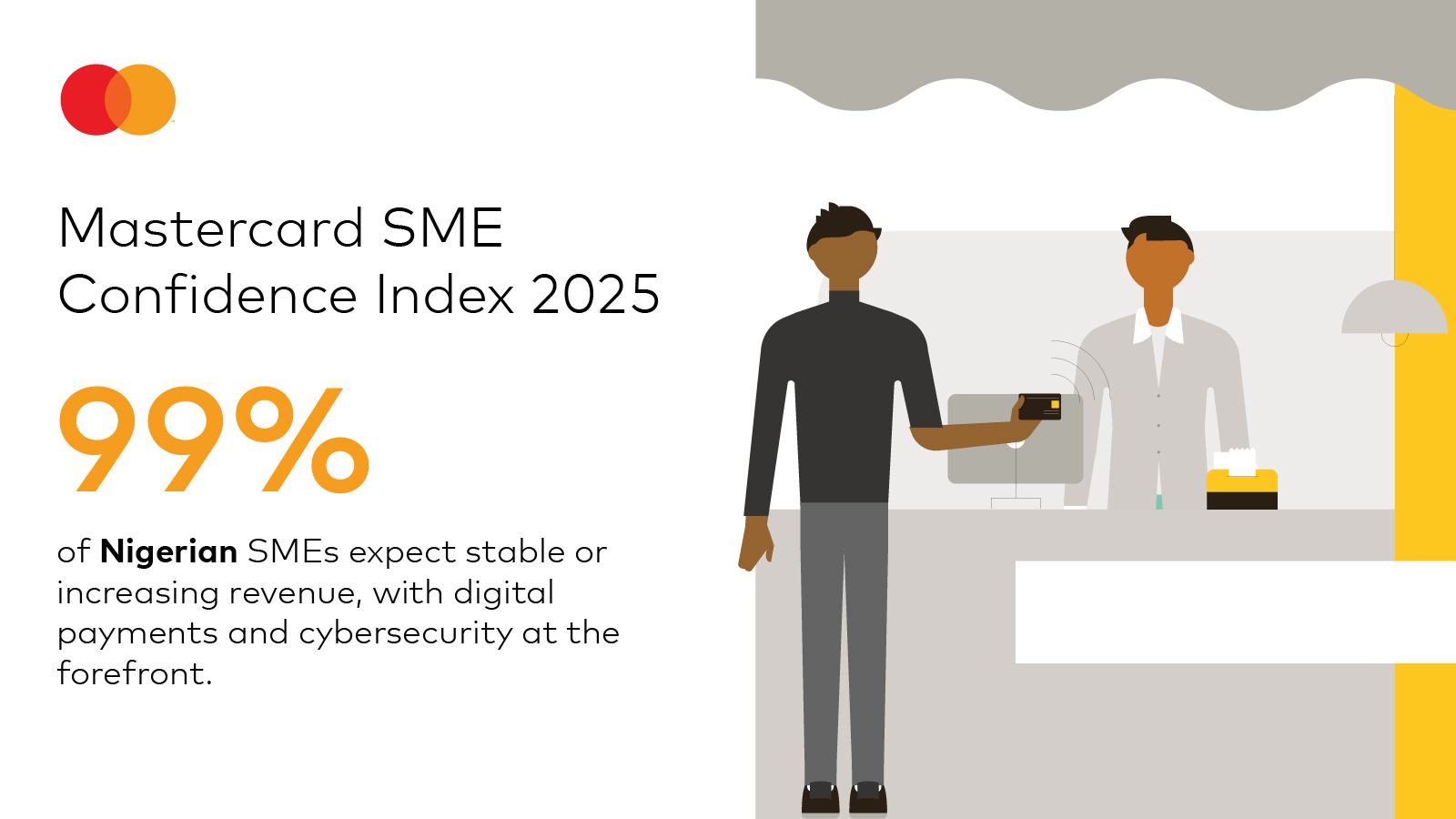Telecom
Hotspot Network Partners Solarkiosk to Boost Rural Connectivity

Hotspot Network Limited, a leading telecom tower operator has collaborated with Solarkiosk Solutions GmbH, a provider of off-grid solar energy across Africa.

The partnership is expected to to boost energy access and connectivity in rural areas of Nigeria.
The two companies have announced a joint venture to revolutionize the energy and communication infrastructure in underserved regions of the country.
The collaboration aims to deliver innovative technological solutions to increase solar energy availability and enhance internet connectivity in rural Nigeria. Initially, the joint venture will focus on powering Hotspot’s existing telecom tower network with solar energy.
The partnership will also involve deploying Solarkiosk’s E-HUBB technology, which utilizes solar power to provide essential goods and services to off-grid communities.
Thomas Rieger, CEO of Solarkiosk Solutions GmbH, expressed excitement about the partnership, stating, “We are thrilled about this joint venture with Hotspot, uniting two mission-aligned companies with proven track records. This collaboration will combine connectivity and essential services, transforming rural Nigeria and driving economic empowerment in off-grid communities.”
Morenikeji Aniye, CEO of Hotspot Network Limited, added, “This joint venture is the culmination of years of work on sustainable rural ecosystems, integrating ICT and energy access. It aims to enhance income, gender participation, and skills, marking a significant step in improving the socio-economic conditions of rural Nigeria.”
Telecom
Apple Introduces Affordable iPhone 16e Model

Apple has announced the iPhone 16e, a new iPhone model, which is priced lower than its main models that usually debut in September.

The iPhone 16e, retailing at $599, is set to go on sale later this month.
It features a modern design without a home button or fingerprint sensor, using Apple’s FaceID scanner and a sensor notch at the top of the screen.
Powered by the same A18 chip as the main iPhone 16 models, the iPhone 16e can run all the same apps and games. It will be available in black and white.
The iPhone 16e also introduces Apple’s first cellular modem, the C1, replacing the Qualcomm modems used in previous models.
With a single camera lens, as opposed to the multiple lenses on more advanced models, the iPhone 16e aims to attract new customers to Apple’s ecosystem, supporting features like image generation and notification summaries via Apple Intelligence.
Apple is releasing this low-cost iPhone to boost sales amidst mixed results in recent quarters, as overall iPhone sales fell 1% annually in the December quarter, though the company still sold over $69 billion worth of phones during this period.
This model continues Apple’s tradition of offering affordable iPhones, following the iPhone SE. Unlike previous major product launches, the iPhone 16e was introduced through a press release, reflecting Apple’s new approach to product announcements.
Telecom
Airtel Nigeria Faces 40 Percent Revenue Dip amid Naira Devaluation

Airtel Nigeria’s revenue fell by 40.34% in 2024, reaching $738 million, down from $1.24 billion the previous year.

This sharp drop is mainly due to the steep devaluation of the Nigerian naira.
Although the company saw a 3.2% increase in its customer base, which grew to 52.1 million subscribers, the rise in data usage per customer was more significant.
Average data consumption grew by 37.2%, reaching 8.4 GB per month.
Airtel’s EBITDA dropped by 46.4%, standing at $360 million.
Despite the challenges posed by inflation and rising operational costs, the company adjusted its pricing for voice and data services, in line with the Nigerian Communications Commission’s (NCC) tariff changes.
The company said it remains focused on adapting to the tough economic situation while maintaining its service quality for a growing customer base.
Telecom
Digital Payments Fuel Growth for Nigerian SMEs: Mastercard Report Highlights Trends

Small and medium enterprises (SMEs) in Nigeria are leveraging digital payments, innovation, and partnerships to expand their reach and strengthen business operations, according to the third edition of the Mastercard SME Confidence Index.

With 99% of SMEs in Nigeria now accepting digital payments, businesses are capitalizing on cashless transactions to enhance efficiency, improve customer experience, and build financial resilience. This digital shift is enabling SMEs to grow in an evolving business environment, with many prioritizing secure payment solutions and financial inclusion initiatives.
“Small and medium enterprises are the backbone of economies, driving innovation, employment, and resilience. As digital transformation accelerates, SMEs are unlocking new opportunities through digital payments and financial inclusion.
“Their ability to adapt and grow in a rapidly evolving business landscape reflects the strength of an ecosystem that prioritizes access to finance, digital enablement, and sustainable growth,” said Dimitrios Dosis, president Eastern Europe, Middle East and Africa, Mastercard.
“Nigerian SMEs are demonstrating remarkable adaptability and foresight by leveraging digital payment solutions to drive economic transformation. Their positive revenue outlook highlights a commitment to harnessing technology for sustainable growth. At Mastercard, we are dedicated to empowering these businesses with innovative digital tools, fostering strategic partnerships, and supporting their journey toward greater financial inclusion and security,” said Mark Elliott, division president, Africa, Mastercard.
Digital payments at the core of SME expansion
As Nigeria’s economy embraces digitalization, SMEs are recognizing the advantages of cashless transactions in driving business efficiency. Many business owners highlight ease of managing payments, seamless supplier transactions, and reduced reliance on cash handling as key benefits. Looking ahead, SMEs are focused on expanding their digital payment capabilities and ensuring seamless customer experiences to sustain their competitive edge.
Looking ahead, 73% of SMEs plan to further expand their digital payment capabilities across various channels, and 70% are focused on providing seamless, user-friendly payment experiences to customers to drive business improvement.
SMEs focus on growth, cybersecurity, and financial access
While most SMEs anticipate maintaining or increasing their revenue, they acknowledge cybersecurity, inflation, and financial access as key areas influencing business growth. Strengthening digital security measures is a growing priority as businesses increase their reliance on online transactions.
Many SMEs also emphasize the need for broader financial access, with business owners identifying private sector partnerships, government-led initiatives, and international collaborations as key enablers for long-term success.
This highlights the growing role of collaboration in driving SME resilience and supporting businesses as they navigate an evolving financial landscape.
Access to credit remains a priority for over three-quarters of SMEs, with 47% aiming to secure financing to grow their businesses and 27% seeking capital to maintain daily operations.
Optimism amid challenges
While SMEs face challenges such as inflation (77%) and rising costs of goods and services (75%), a significant 78% expect to achieve the same or higher revenue this year compared to last, signaling resilience and adaptability.
SMEs identify private sector initiatives or partnerships (56%), government-led initiatives (47%), and international collaborations (41%) as key factors that will positively impact their operations this year.
Through strategic collaborations, Mastercard aims to support Nigerian SMEs in achieving their growth objectives. For instance, in July 2023, Mastercard partnered with Alerzo, a leading Nigerian B2B e-commerce company, to digitize SMEs in the fast-moving consumer goods (FMCG) sector, making digital payments more accessible and efficient.
Recognizing the growing market need, Mastercard’s Product Express is helping Nigerian fintech launch card programs quickly and easily, enabling them to reduce their time to market and service customers more efficiently.
Furthermore, Mastercard’s award-winning startup engagement program, Start Path is providing fintech like Duplo and Mono with operational support, commercial engagement, and the opportunity for strategic investment.
Mastercard remains committed to supporting SMEs in Nigeria by leveraging its extensive network, cutting-edge technology, and strategic collaborations. By introducing contactless payment solutions like Tap on Phone, QR Pay by Link, and Payment Link, and collaborating with governments, financial institutions, and private sector partners, Mastercard is driving financial inclusion and digital transformation, and supporting small businesses as they navigate evolving commercial landscapes.

 E-Financial2 days ago
E-Financial2 days agoMoniepoint: More Customers Lament after Police Exposed Scammers Who Stole over N400m

 E-Business2 days ago
E-Business2 days agoKaspersky Endorses UN’s Global Digital Compact

 E-Financial2 days ago
E-Financial2 days agoUBA Donates $500,000 to AU Peace Fund to Foster Peace and Stability in Africa

 E-Business2 days ago
E-Business2 days agoCSCS to Unveil RegConnect Version 2 to Improve Capital Market Delivery

 Broadcasting2 days ago
Broadcasting2 days agoDSS Threatens to Sue AIT, Channels TV over Reports on ‘Invasion’ of Lagos Assembly

 E-Financial2 days ago
E-Financial2 days agoCBN Orders Bank Directors with Insider Bad Loans to Resign

 E-Financial2 days ago
E-Financial2 days agoCBN Orders Banks to Publish Details of Dormant Accounts, Unclaimed Balances

 E-Financial2 days ago
E-Financial2 days agoSEC to Tax Cryptocurrency Transactions in Nigeria with New Rules



















